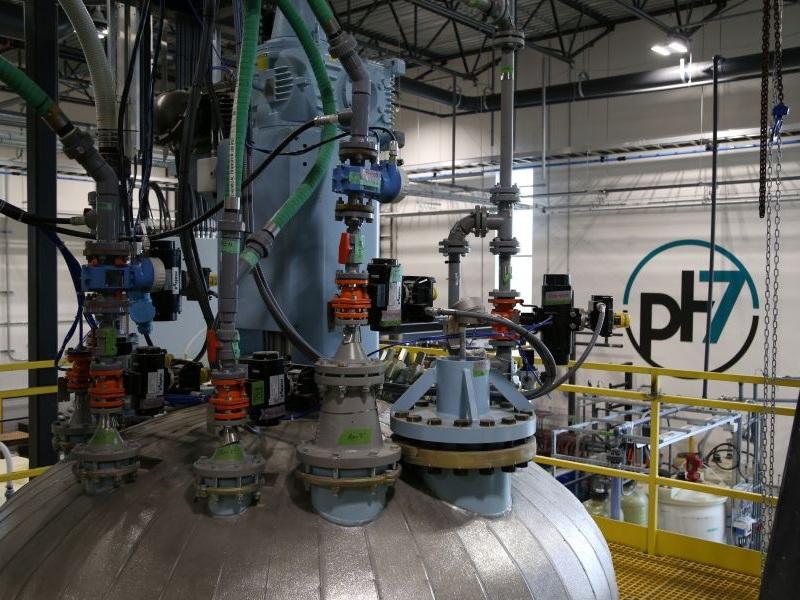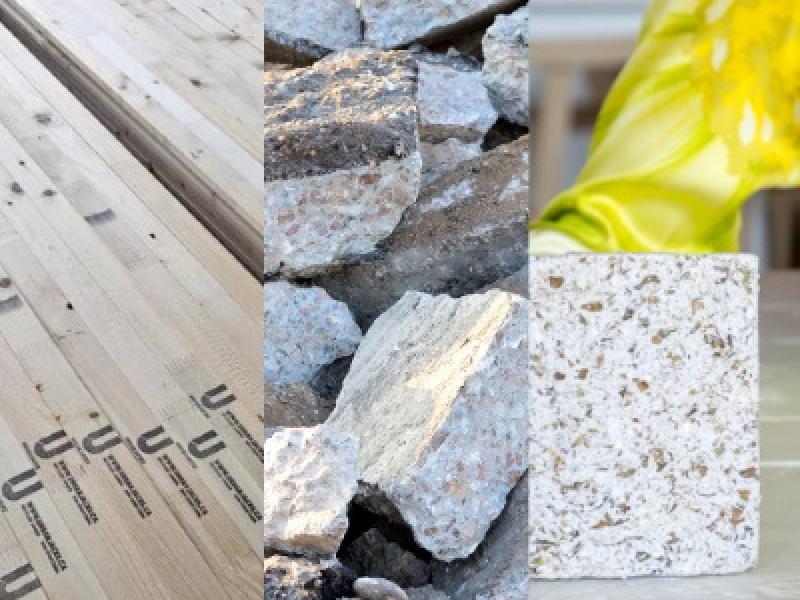Recent Articles
Canada’s largest carbon credit producer, Radicle, expands
Canada’s largest carbon credit producer, Radicle, expands
Calgary-based Radicle, Canada’s largest developer of compliance-grade carbon credits, has experienced phenomenal growth in recent years, but that is just the beginning its CEO says. Radicle has ambitious plans to expand its global footprint.
Canada has nearly kicked its coal addiction
EDITORIAL: The “end of coal is in sight,” declared a press release from the U.K., host of the U.N. climate conference in Glasgow. That statement is true in some places, such as Canada, elsewhere it is decades into the future.
COP26: Agreement to phase out gas-powered vehicles
• Environmental Leader • Reuters • Environmental Leader
At the ongoing United Nations Climate Change Conference, known as COP26, national and state governments and automakers committed Wednesday to have all new car and van sales be zero emissions vehicles by 2040 — and 2035 for leading markets.
COP26 tackles gender issues in climate change
A report released last month by the United Nations said that while more women have been included in decision-making panels at the annual COP summit, “male overrepresentation on constituted bodies and on government delegations still remains an issue of concern.”
COP26 makes me believe things are different this time
• Corporate Knights • Financial Post
Perhaps unsurprisingly, given how complicated the issues at play are, opinions on what’s occurring here at COP26, the United Nations climate summit in Glasgow, are many and varied. Here’s mine: I’m pleasantly surprised at COP26’s success.
 |
Don’t lose sight of long-term goals |
Chief Customer Officer, GBCI Canada
Climate: Construction shouldn’t wait for 2030 or 2050
• Daily Commercial News • Bay Today
In Canada, Toronto, Vancouver and Hamilton have adopted stringent energy-efficiency initiatives to combat GHG emissions. Five hundred other municipal and regional jurisdictions have declared a climate emergency. What more motivation does the country’s building industry need to take action?
Transport, buildings are ‘built environment emissions’
Many people separate transportation from other sources of emissions, with neat pie charts showing that buildings are responsible for 39 per cent and transport 23 per cent, or some variation of this. But they are not. They are both “Built Environment Emissions.”
Massive new solar farm to power Alberta refinery
• Globe and Mail • CBC
Land by a Shell oil processing and petrochemical hub just outside Edmonton will soon host a massive solar project the size of 313 Canadian football fields, the latest push from the fossil fuel sector to try and lower its emissions.
Latest wind farm joins Alberta’s power grid
Alberta now ranks third among Canadian provinces for installed wind energy capacity and a new project near the south eastern town of Oyen will add to the grid. Pattern Energy Group LP has started constructing the Lanfine Wind power project.
Calgary Aggregate Recycling gets $8M for new facility
• Construction & Demolition Recycling
Calgary Aggregate Recycling Inc., a concrete, asphalt, and aggregate recycling business in Calgary, Canada, has been awarded an $8 million grant from Emissions Reduction Alberta to develop a C&D waste recycling plant that will be operational by 2022.
Alberta’s next boom can be sustainable
This fall, after the third wave of the COVID-19 pandemic, Royal Bank of Canada surveyed the damage to the Canadian economy and downgraded its economic growth outlook for every province in the country but one: Alberta.
Climate ‘biggest single opportunity’ for insurance sector
• CNBC
Climate is the “ultimate systemic risk” and represents “the biggest single opportunity the insurance industry has ever seen,” according to John Neal, CEO of the centuries-old insurance market Lloyd of London who described how his sector would operate going forward.
Ikea CEO: Greenwashing less dangerous than silence
With climate change the main threat to humanity, “greenwashing is less dangerous than silence,” says Jesper Brodin, chief executive officer of Swedish home-furnishings giant Ikea whose research shows 70% of customers are “deeply concerned” about climate change.
Mid-size firms step up to meet environmental standards
As someone who runs a mid-sized Canadian company, Lina Bowden, chief financial officer and partner at CY Health, a division of Carmina de Young in London says that while perhaps it’s not easy being green, these days it’s absolutely necessary.
The most sustainable MBAs think global, teach local
The COVID-19 pandemic prodded some business schools to strengthen their teaching and research on sustainability. The schools wished to further embed the United Nations’ 17 Sustainable Development Goals into course content and expand collaborations with non-business researchers.
Growth of mass timber prompts CCAT course
In response to the growth of construction in mass timber, the College of Carpenters and Allied Trades (CCAT) in Woodbridge, Ontario is offering a four-week course for workers in its assembly and erection this month.
Forestry is Canada’s secret (climate change) weapon
Opinion: Canada’s forests and sustainably sourced forests products are among the most powerful weapons in Canada’s climate change arsenal as we work to reduce carbon emissions. Canadian forestry is rooted in the principles of sustainability, biodiversity conservation, and reforestation.
Burnaby develops urban forest management strategy
The City of Burnaby is developing an Urban Forest Management Strategy to help protect, preserve and expand the forest canopy in the city while delivering significant quality of life and climate action benefits.
Cities are surprising leaders in forest conservation
• GreenBiz
The world’s forests face a dire threat. Each year, 15 million to 22 million acres of forests are permanently cleared and many millions more are degraded. But many decisions affecting forests happen from miles away in cities.
 Industry Events
Industry Events
-
ECO IMPACT 2026
Feb 19 2026
to Feb 20 2026
The Westin Calgary
-
BuildGreen Atlantic
Apr 27 2026
to Apr 28 2026
Halifax, NS
-
The Evergreen Conference
May 06 2026
to May 07 2026
Toronto, ON
-
Building Lasting Change
Jun 17 2026
to Jun 19 2026
Montréal, QC
-
Retrofit Canada Conference
Jun 24 2026
to Jun 25 2026
Halifax Convention Center











